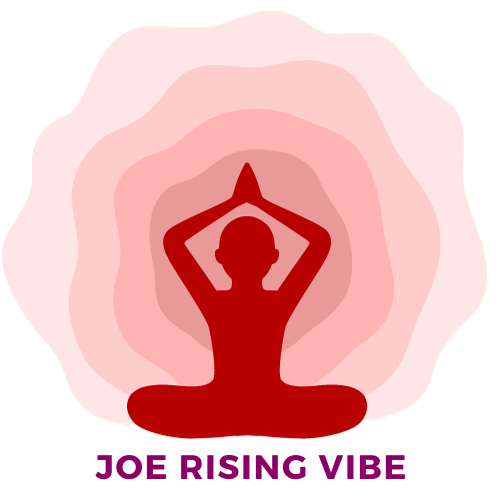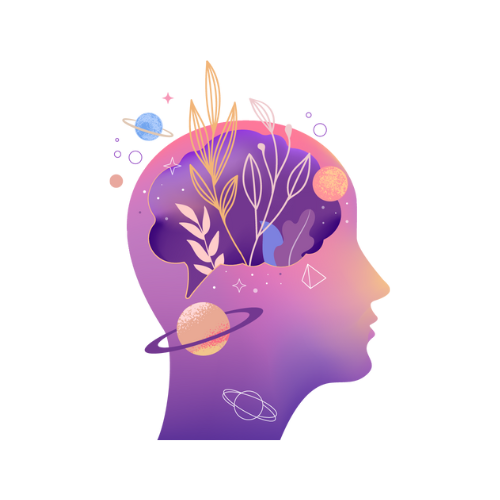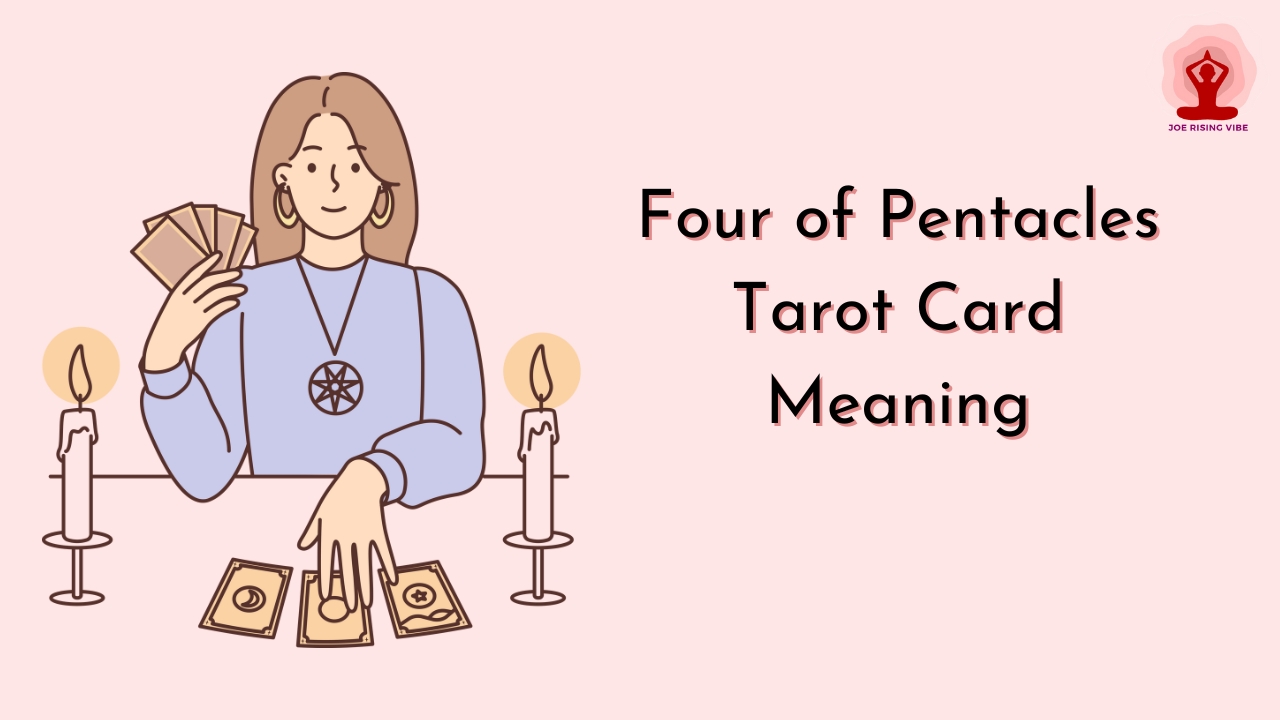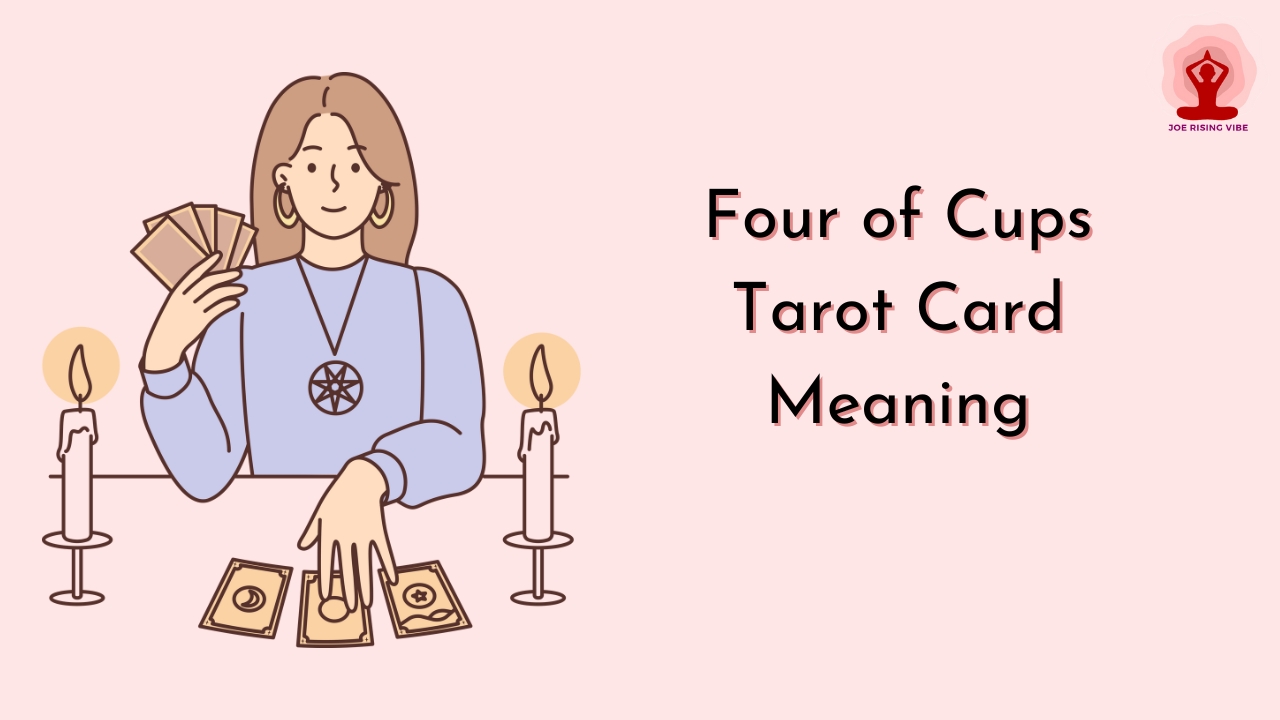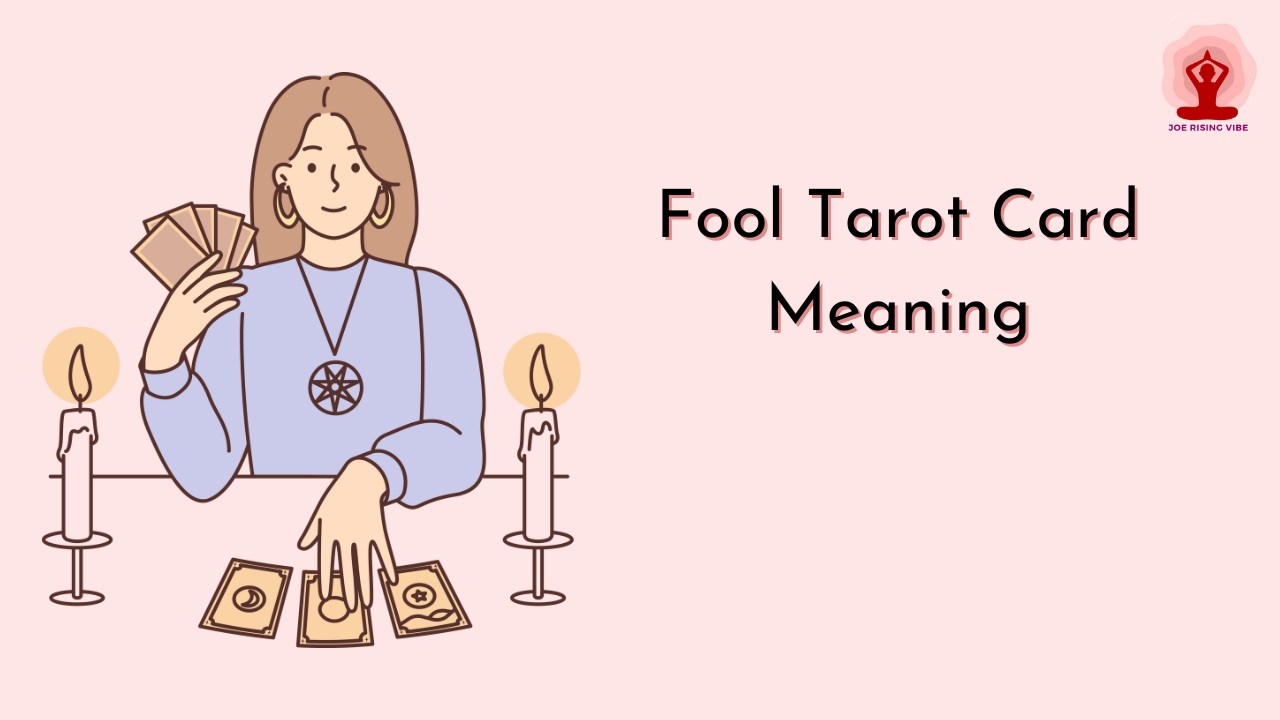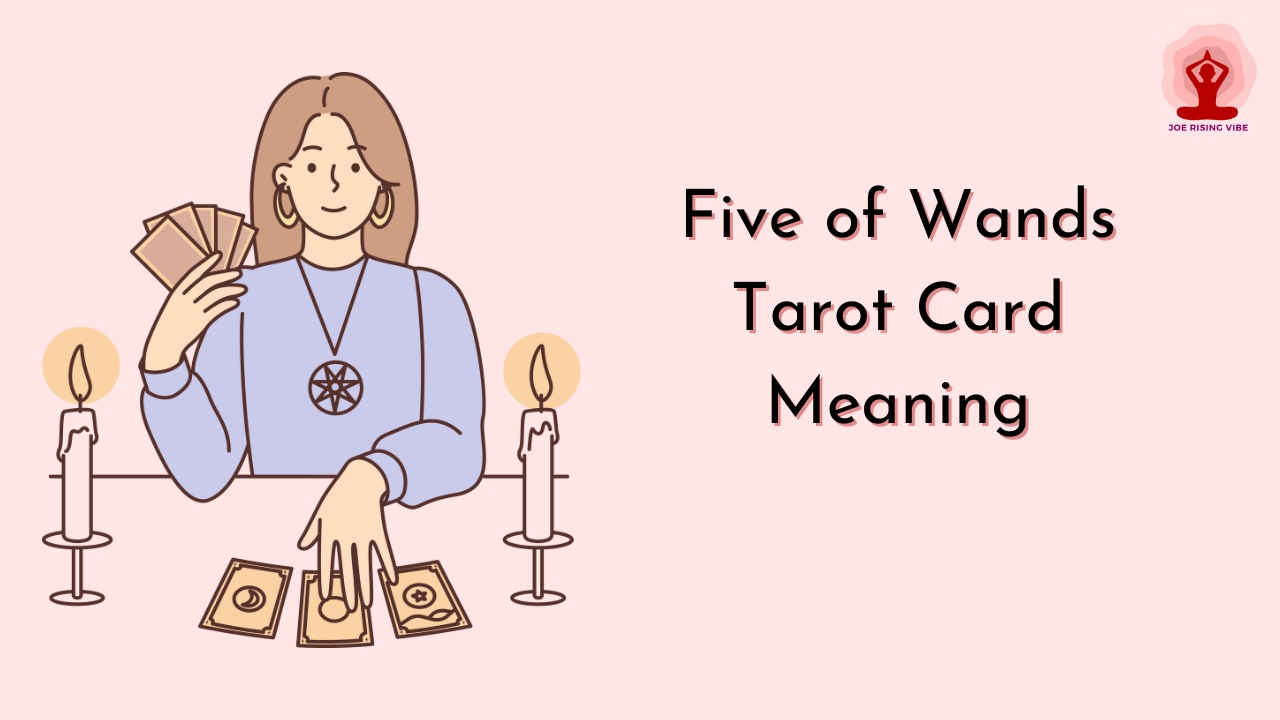Lucid dreaming isn’t just a passive experience; it’s an art form, a science, and a playground for the curious mind.
From manipulating dreamscapes to interacting with dream characters, lucid dreaming offers an expansive canvas for self-discovery and adventure.
Whether you’re a dream explorer or a newcomer intrigued by the concept, these FAQs will guide you through lucid dreaming and inspire you to unlock the hidden potentials of your dream world.
1. What do you mean by lucid dream?
A lucid dream refers to a dream in which the dreamer is aware that they are dreaming while still within the dream itself. This awareness often allows the dreamer to have some degree of control over the dream’s content and actions.
2. What is another word for a lucid dream?
Another term for a lucid dream is “conscious dream.”
3. What does it mean when you lucid dream without trying?
Lucid dreaming without intentional effort can occur spontaneously. It’s when you become aware that you’re dreaming without actively practicing techniques to induce lucidity.
4. What to drink to lucid dream?
Certain herbal teas like chamomile, valerian root, or passionflower might have mild effects on dreams, but there’s no conclusive evidence that any specific drink directly induces lucid dreaming.
5. What is a lucid dream used for?
Lucid dreaming can be used for creative exploration, practicing skills, facing fears, problem-solving, and experiencing scenarios that might not be possible in waking life.
6. What to do when you have a lucid dream?
When you have a lucid dream, you can explore your dream world, experiment with your surroundings, interact with dream characters, and even try to control certain aspects of the dream.
7. What does it feel like to lucid dream?
Lucid dream experiences vary, but many report a heightened sense of awareness, vividness, and control during these dreams. The dreamer might feel like they are an active participant in their dream world.
8. What happens after a lucid dream?
After a lucid dream, you usually transition into another phase of sleep or wakefulness. You may remember the dream clearly or find it fading rapidly, similar to other dreams.
9. What happens if you look into a mirror in a lucid dream?
Looking into a mirror in a lucid dream can lead to various experiences. Some people see their reflection accurately, while others might observe distortions or unexpected imagery.
10. What happens if you sleep with someone in a lucid dream?
Dream interactions can vary. While some people report having meaningful experiences with dream characters, others might find that interactions lack depth or clarity.
11. What is the easiest way to lucid dream for beginners?
Common techniques for beginners include reality checks, keeping a dream journal, practicing mindfulness, and using mnemonic devices like repeating “I will lucid dream” before sleep.
12. What is the fastest way to lucid dream?
There’s no guaranteed quick method, but practicing reality checks consistently, improving your dream recall, and trying techniques like Wake Induced Lucid Dreaming (WILD) could potentially expedite results.
13. What to do after your first lucid dream?
After your first lucid dream, reflect on the experience, jot down the details in your dream journal, and consider what you enjoyed or want to explore further in future lucid dreams.
14. Is being able to lucid dream a gift?
Lucid dreaming can be considered a unique ability or skill. Some people seem to naturally experience it more often, while others may need to practice techniques to achieve lucid dreams.
15. Is it bad to lucid dream every night?
Lucid dreaming itself is not inherently bad. It can be an enjoyable and insightful experience for many. However, the content of your dreams and your emotional state during them can vary.
But it’s essential to maintain a balance between your dream experiences and your waking life to ensure overall well-being.
Lucid dreaming every night might impact the quality of your sleep and your sense of reality over time. It’s good to allow for regular non-lucid dreams as well.
16. Is it dangerous to lucid dream?
Lucid dreaming is generally considered safe for most people. However, like any intense mental activity, it could potentially cause distress if not practiced mindfully.
17. Is it good to lucid dream?
Lucid dreaming can be a positive experience for personal growth, creativity, and overcoming fears. Many find it enjoyable to explore their dream worlds consciously.
18. Is it normal to lucid dream a lot?
Lucid dreaming frequently is less common but can occur. It often depends on an individual’s natural tendencies, practices, and lifestyle.
19. Is it normal to lucid dream every night?
Lucid dreaming every night is less common and might affect your sleep patterns. A balance between lucid and non-lucid dreams is generally healthier.
20. Is it normal to lucid dream without trying?
Some people experience spontaneous lucid dreams without intentionally practicing techniques. It’s a natural variation in dream experiences.
21. Is it possible for anyone to lucid dream?
Most individuals can learn to lucid dream with practice and dedication, though the frequency and ease can vary from person to person.
22. Is it possible to get stuck or not wake up from a lucid dream forever?
No, you cannot get permanently stuck in a lucid dream. Your mind will eventually transition to other dream phases or wakefulness. The dream state is a temporary aspect of your sleep cycle.
23. Is it possible to learn how to lucid dream?
Yes, there are various techniques and practices, such as reality checks and dream journaling, that can help you learn how to induce lucid dreams.
24. Is it possible to lucid dream by accident?
Yes, some people experience lucid dreams without actively trying. They might suddenly realize they’re dreaming during the dream itself.
25. Is it possible to lucid dream on command?
Achieving lucid dreams on command might be challenging, but consistent practice and techniques can increase your chances of having intentional lucid dreams.
26. Is it possible to lucid dream on purpose?
Many individuals learn to lucid dream intentionally by employing various methods to enhance their self-awareness within dreams.
27. Is it possible to lucid dream with ADHD?
Yes, individuals with ADHD can still learn to lucid dream. Tailoring techniques to accommodate your attention patterns might be helpful. Please note that this is no way a cure to ADHD. Proper medical attention and consultation of a certified therapist is imperative to cure ADHD.
28. Is it rare to lucid dream every night?
Lucid dreaming every night is relatively rare due to the complexity of sleep cycles. Most people experience a mix of dream types throughout the night.
29. Is it safe to lucid dream?
Lucid dreaming is generally safe for mental well-being. However, overindulgence might impact your sleep quality like any intense mental activity.
30. Is lucid dream good for you?
Lucid dreaming can offer benefits such as improved self-awareness and creativity. But excessive lucid dreaming could potentially affect your sleep patterns.
31. Is lucid dream real?
Lucid dreaming is a real and scientifically documented phenomenon. It involves being aware of and sometimes controlling your dreams while asleep.
32. What not to do in a lucid dream?
While lucid dreaming can be exciting, there are certain things to avoid to ensure a positive experience. Avoid getting overly excited or attempting dangerous activities that might affect your emotional well-being or your ability to wake up smoothly. Additionally, it’s recommended not to engage in actions that might disturb your mental or physical equilibrium upon waking.
33. What not to lucid dream about?
It’s advisable to avoid intentionally dreaming about distressing or traumatic scenarios, as they can have a negative impact on your mental state. Instead, focus on positive, creative, and enjoyable experiences to make the most of your lucid dreams.
34. Can a lucid dream turn into a nightmare?
Yes, a lucid dream can potentially transition into a nightmare. While lucid dreaming offers some control, the dream’s content can change unexpectedly, influenced by your subconscious thoughts, emotions, and fears.
35. Can you turn a nightmare into a lucid dream?
Yes, experienced lucid dreamers can sometimes turn a nightmare into a lucid dream by realizing they are dreaming and intentionally changing the dream’s direction or environment to alleviate fear and discomfort.
36. Can you turn a normal dream into a lucid dream?
It’s possible to become lucid during a normal dream by using techniques like reality checks or dream journaling. However, it might not always be immediate, and practice is often required.
37. Can you study in a lucid dream?
While some lucid dreamers claim to have learned or practiced skills within dreams, the effectiveness of studying in a lucid dream is debated. It’s unlikely to replace real-world learning and practice.
38. Can you meditate into a lucid dream?
Yes, it’s possible to use meditation techniques as a method to induce lucid dreaming. Some individuals practice a form of meditation called “Dream Yoga” or “Lucid Dreaming Meditation,” where they focus their awareness and intention on entering a lucid dream state while remaining conscious throughout the transition. This practice requires training, patience, and consistency, as it involves maintaining a balance between deep relaxation and heightened awareness as you move from wakefulness to the dream state.
39. Can an alarm wake you up from a lucid dream?
Yes, an alarm has the potential to wake you up from a lucid dream. External stimuli like alarms or loud noises can often disrupt the dream state and pull you into wakefulness. This is why some lucid dreamers use techniques like the Wake Induced Lucid Dreaming (WILD) method, where they intentionally wake up briefly using an alarm and then go back to sleep with the intention of entering a lucid dream. However, sudden or jarring awakenings might result in difficulty returning to the dream or fully recalling it.
